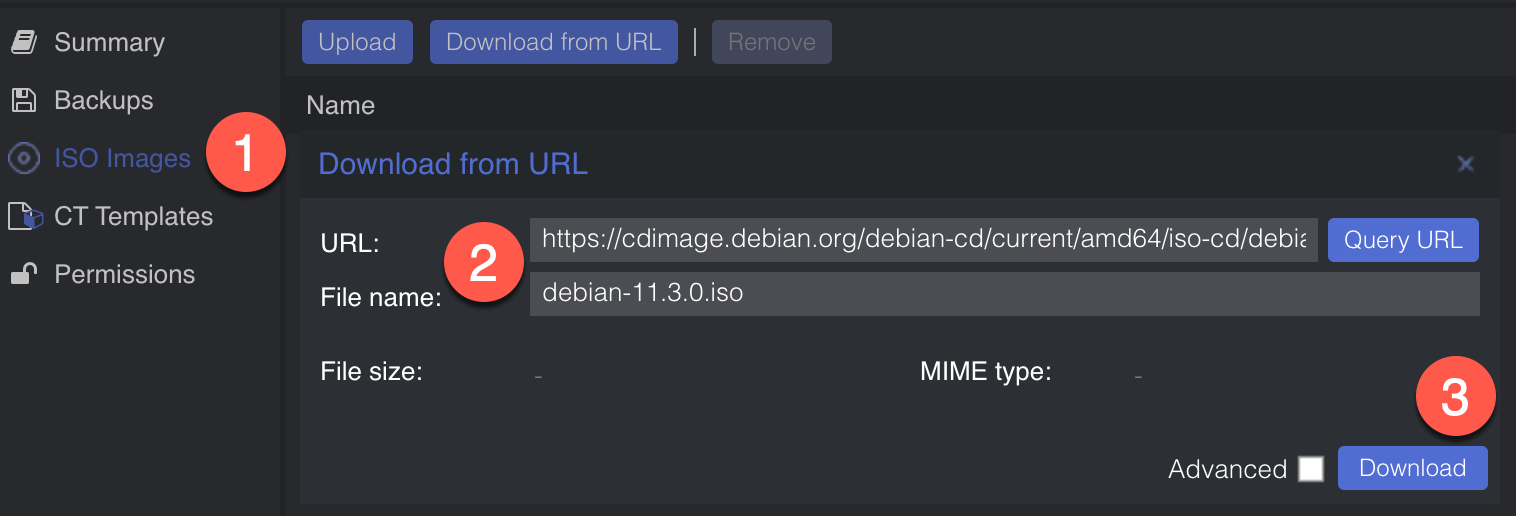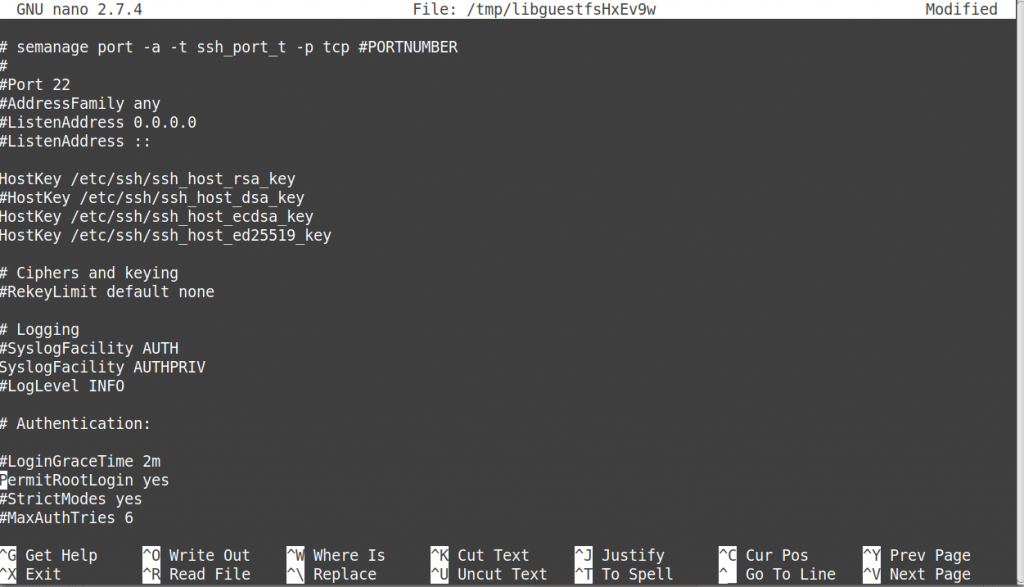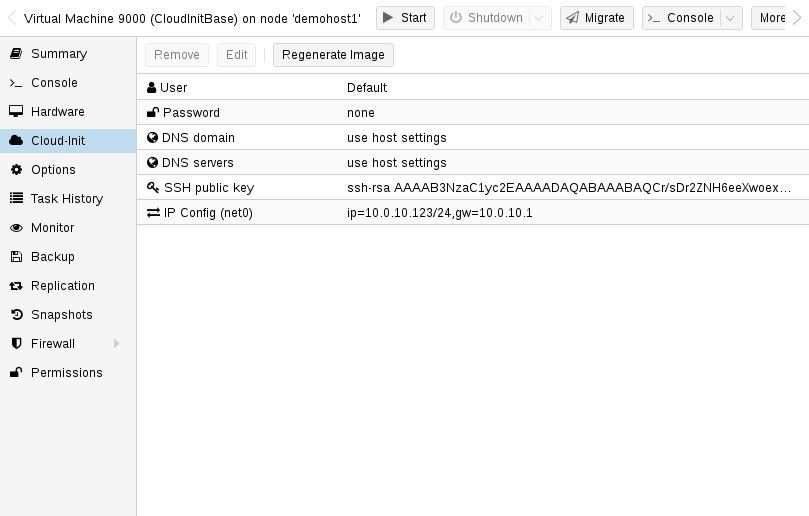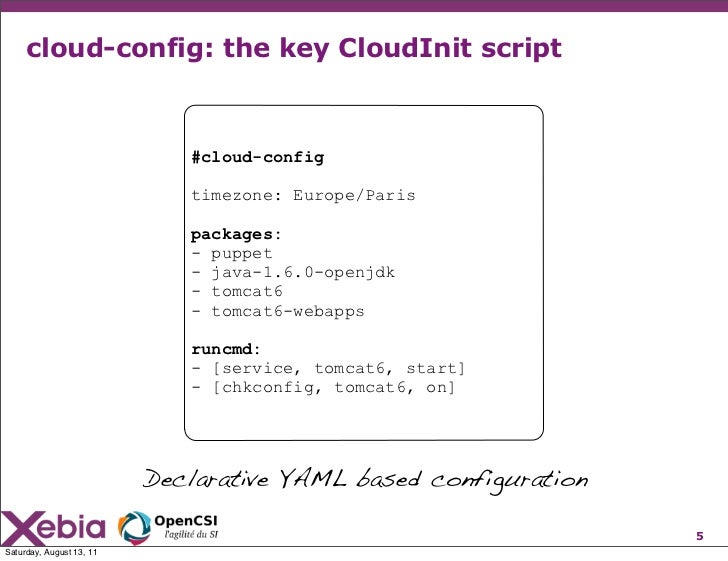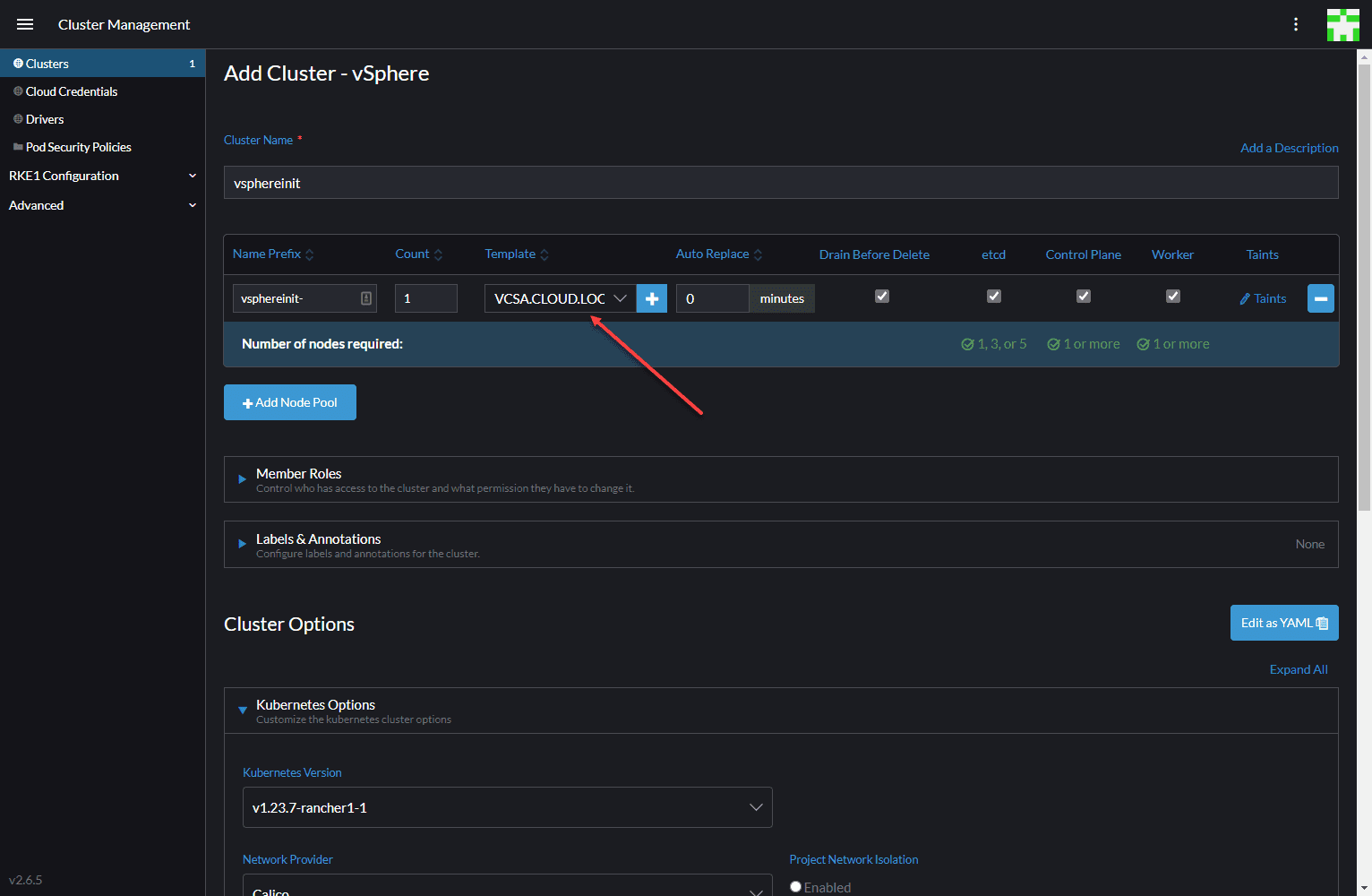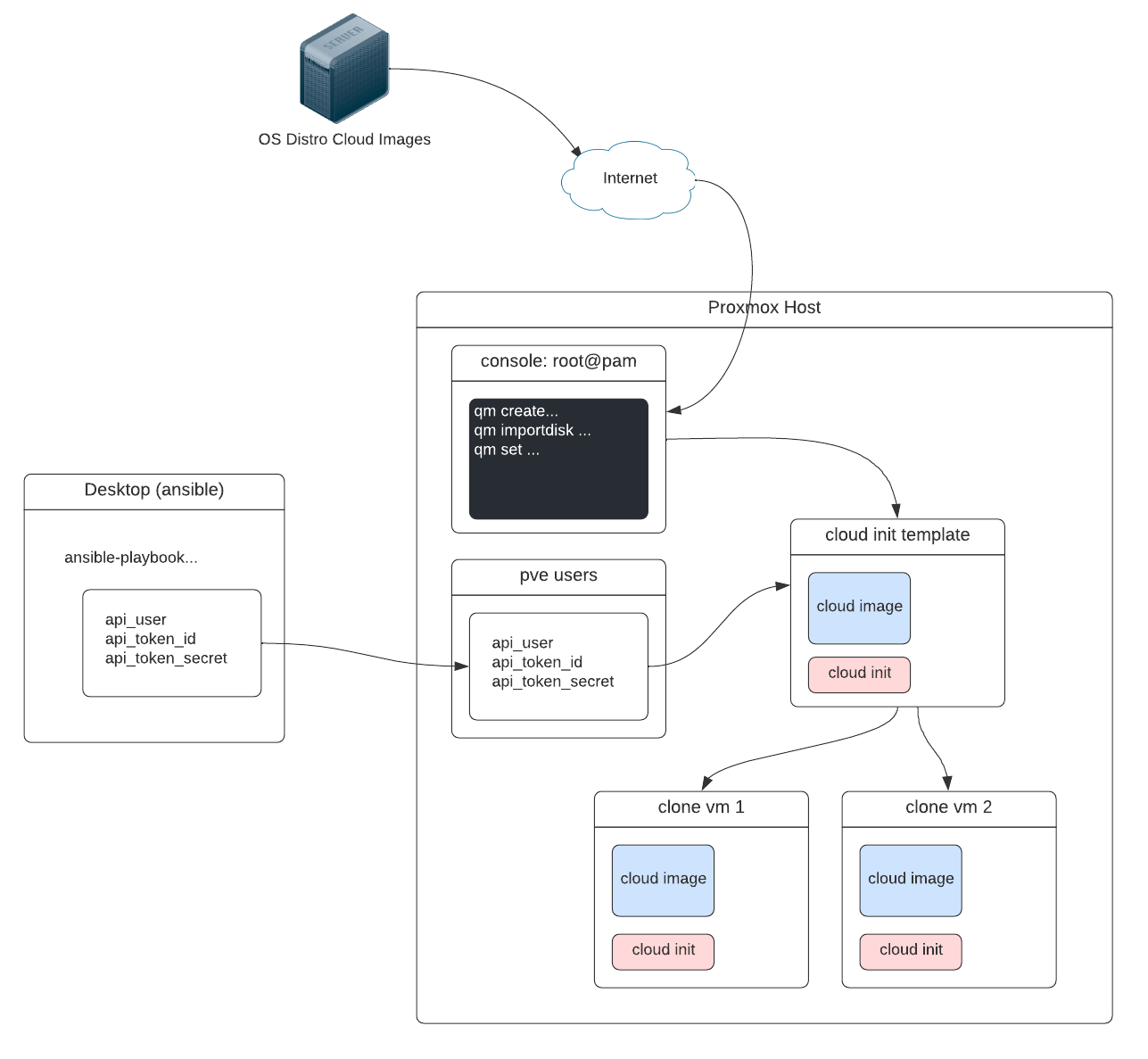Template_Cloudinit_Config
Template_Cloudinit_Config - Web the correct way to use cloud config in the vm resource provider is: The order of the parts is maintained in the. # render a part using a `template_file` data template_file script { template = $ {file (${path.module}/init.tpl)} vars { consul_address = $. Web here’s the orginal code that uses the template_cloudinit_config data source: Use key vault to securely store certificates. Refer to the terraform registory for docs: Web basically my goal is to declare a core template_cloudinit_config that contains a number of shell scripts that should get run on every machine. View a running node.js app after the vm is created. Attempt to deploy a linux vm with the newer image. Web update template_schema.json and porter.yaml for a recent linux version. The order of the parts is maintained in the. Use key vault to securely store certificates. Web template_ cloudinit_ config template_ file template_file. The template_file data source renders a template from a template string, which is usually loaded from an external file. # render a part using a `template_file` data template_file script { template = $ {file (${path.module}/init.tpl)} vars {. Use key vault to securely store certificates. The order of the parts is maintained in the. Web basically my goal is to declare a core template_cloudinit_config that contains a number of shell scripts that should get run on every machine. Web go to latest version. Web template_ cloudinit_ config template_ file template_file. Attempt to deploy a linux vm with the newer image. Refer to the terraform registory for docs: Web here’s the orginal code that uses the template_cloudinit_config data source: Web go to latest version. The order of the parts is maintained in the. The template_file data source renders a template from a template string, which is usually loaded from an external file. Web go to latest version. # render a part using a `template_file` data template_file script { template = $ {file (${path.module}/init.tpl)} vars { consul_address = $. Web basically my goal is to declare a core template_cloudinit_config that contains a number of. Web template_ cloudinit_ config template_ file template_file. Attempt to deploy a linux vm with the newer image. Web go to latest version. The order of the parts is maintained in the. Use key vault to securely store certificates. Attempt to deploy a linux vm with the newer image. Web basically my goal is to declare a core template_cloudinit_config that contains a number of shell scripts that should get run on every machine. View a running node.js app after the vm is created. Web here’s the orginal code that uses the template_cloudinit_config data source: Web go to latest version. Web the correct way to use cloud config in the vm resource provider is: Web go to latest version. The order of the parts is maintained in the. Web here’s the orginal code that uses the template_cloudinit_config data source: # render a part using a `template_file` data template_file script { template = $ {file (${path.module}/init.tpl)} vars { consul_address = $. View a running node.js app after the vm is created. Attempt to deploy a linux vm with the newer image. Web the correct way to use cloud config in the vm resource provider is: Web update template_schema.json and porter.yaml for a recent linux version. Web here’s the orginal code that uses the template_cloudinit_config data source: Web the correct way to use cloud config in the vm resource provider is: Web update template_schema.json and porter.yaml for a recent linux version. The template_file data source renders a template from a template string, which is usually loaded from an external file. Use key vault to securely store certificates. Web basically my goal is to declare a core template_cloudinit_config. Use key vault to securely store certificates. Web update template_schema.json and porter.yaml for a recent linux version. Web template_ cloudinit_ config template_ file template_file. Web basically my goal is to declare a core template_cloudinit_config that contains a number of shell scripts that should get run on every machine. View a running node.js app after the vm is created. The order of the parts is maintained in the. Refer to the terraform registory for docs: Web basically my goal is to declare a core template_cloudinit_config that contains a number of shell scripts that should get run on every machine. Use key vault to securely store certificates. # render a part using a `template_file` data template_file script { template = $ {file (${path.module}/init.tpl)} vars { consul_address = $. Web template_ cloudinit_ config template_ file template_file. Web the correct way to use cloud config in the vm resource provider is: Web go to latest version. The template_file data source renders a template from a template string, which is usually loaded from an external file. Attempt to deploy a linux vm with the newer image. Web here’s the orginal code that uses the template_cloudinit_config data source: Web update template_schema.json and porter.yaml for a recent linux version. View a running node.js app after the vm is created.Creating an Ubuntu Cloud Template on Proxmox for CloudInit
Customizing your CAS deployment using CloudInit
Create a Debian CloudInit Template on Proxmox OchoaProjects
Proxmox CloudInit OS template creation What The Server
Replacing the template_cloudinit_config data source Ned In The Cloud
CloudInit Support Proxmox VE
CloudInit Introduction
Rancher cloudconfig.yml Example SSH keys in VMware vSphere nodes
Template_Cloudinit_Config Printable Word Searches
Proxmox Cloud Init VM Setup With AnsiblePlaybooks Ron Amosa
Related Post:


